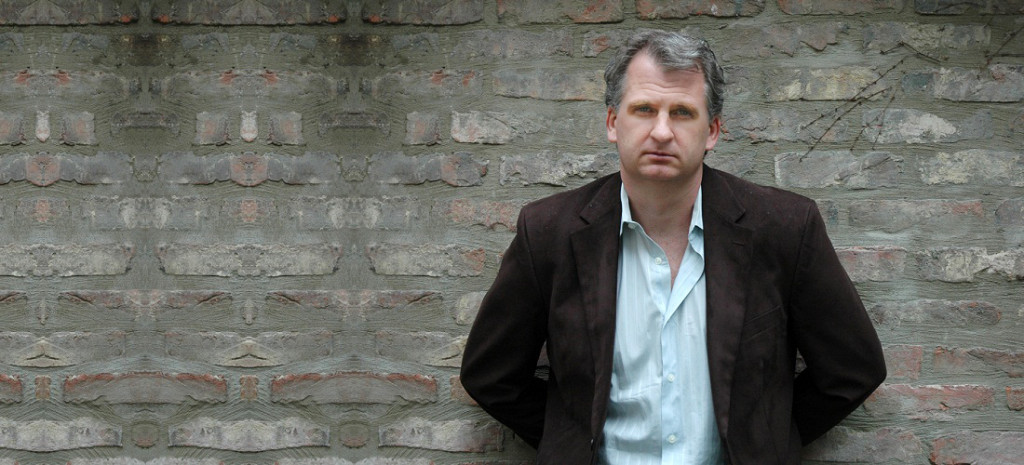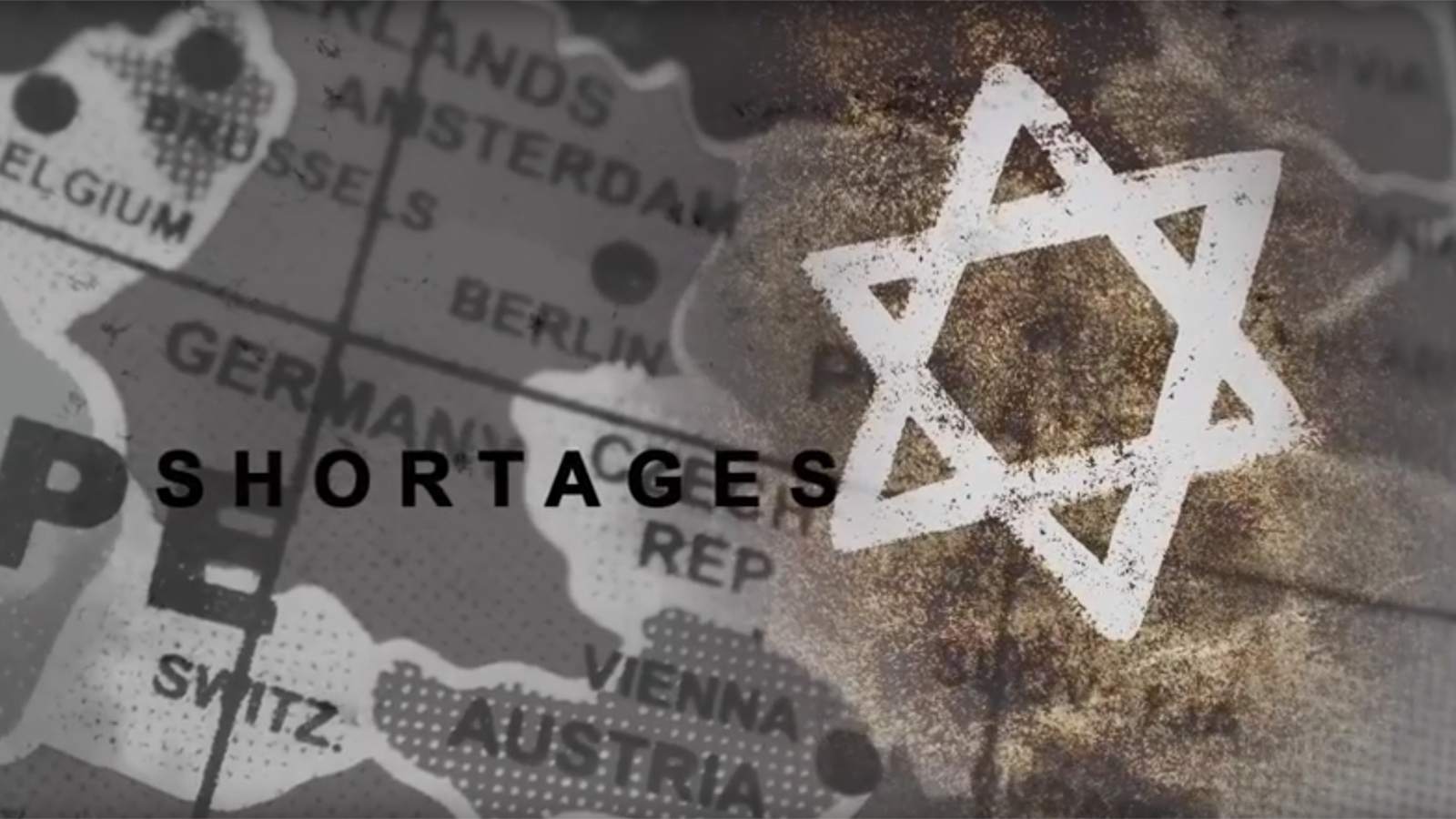
WILLIAMSTOWN, Mass.—Timothy Snyder, Bird White Housum Professor of History at Yale University, will present a talk titled “Black Earth: The Ecological Politics of the Holocaust” as part of the year’s Confronting Climate Change Initiative at Williams College on Monday, Sept.19, at 7 p.m. in Griffin Hall, room 3. This event is free and open to the public.
🔊 LISTEN to our interview with Dr. Timothy Snyder,
which aired just after the release of
Black Earth: The Holocaust as History and Warning
and read more about his work.
Snyder’s most recent book, Black Earth: The Holocaust as History and Warning (Tim Duggan Books, 2015), presents a new explanation of the Holocaust that highlights the role of environmental concerns and demagogic exploitation of those fears. He traces back the beginnings of the ideology that allowed the Holocaust to happen and devotes much of the book to examining the few people who aided Jews without institutional support. He concludes that due to growing current preoccupations with food and water, along with political unrest, today’s society is coming to resemble that of the early twentieth century period that saw the rise of the Nazi ideology. His talk will look at the structural causes for how Hitler’s ideology could and can function, and how today we might face similar risks due to climate change and state collapse.
Snyder was born in southwestern Ohio. He received his B.A. from Brown University and later his doctorate from University of Oxford. He has written five books and co-edited two, and has published essays in numerous publications including the Journal of Cold War Studies, the International Herald Tribune, New York Review of Books, the Wall Street Journal and the Times Literary Supplement. His book Bloodlands: Europe Between Hitler and Stalin (Basic Books, 2010) has earned him 12 awards including the Emerson Prize in the Humanities, a Literature Award from the American Academy of Arts and Letters, the Leipzig Award for European Understanding and the Hannah Arendt Prize.
This event is sponsored by the Program in Jewish Studies, the Department of History, and the Center for Environmental Studies.









You must be logged in to post a comment.